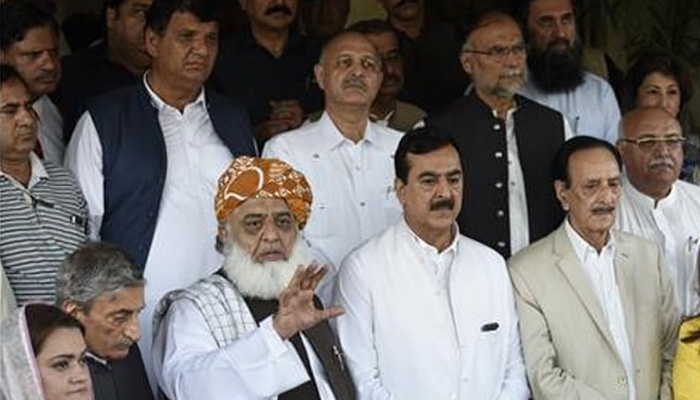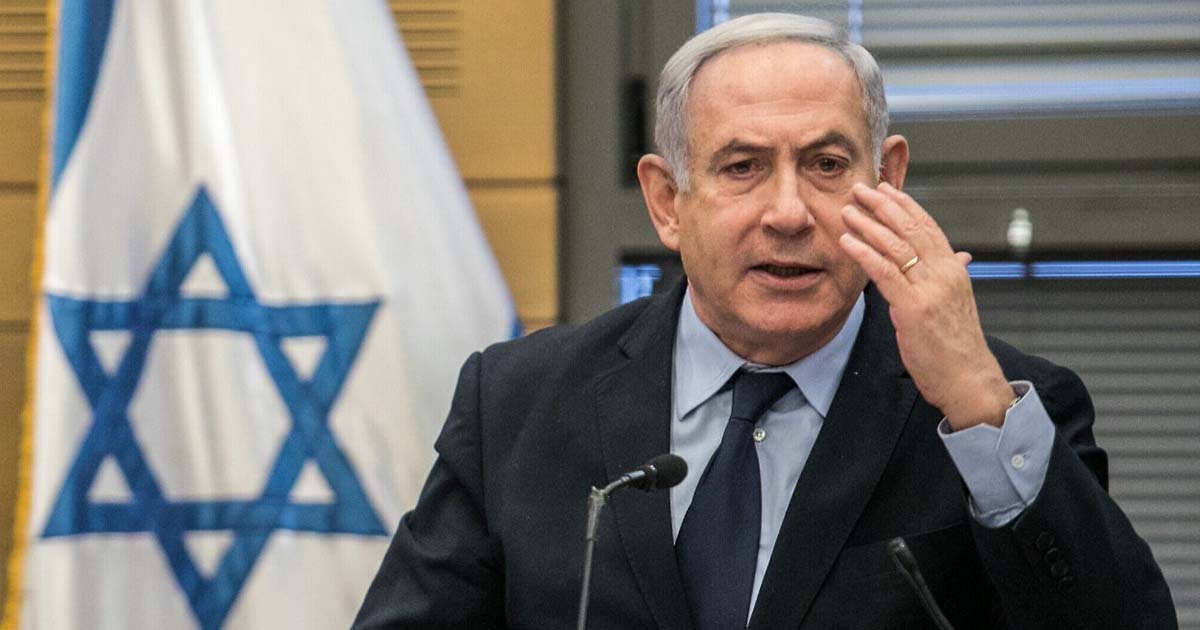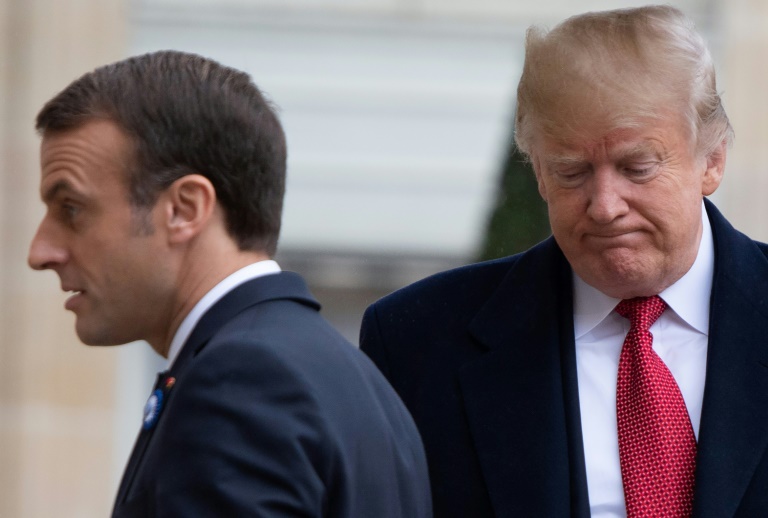News Analysis |
In a new development, the Election Commission of Pakistan (ECP) released Form-33 on its website seeking to make the voting process more accessible and transparent. However, according to the form which displays the list of contesting candidates and their electoral symbols, a subtle irony was observed in Rahim Yar Khan’s PP-263 and NA-179 constituencies.

Javed Iqbal of PTI (Symbol: Cricket Bat) is contesting the NA-179 seat and among his opponents for the same seat is another Javeq Iqbal, an independent candidate with an ice cream as his electoral symbol. It is safe to assume that this could be the cause for confusion especially when considering the largely rural and minimally literate populace of Rahim Yar Khan. Moreover, the fact that ballot papers are usually printed in economic black and white print can raise the possibility of mistaken vote further.
Read more: Elections 2018
An elderly man wishing to vote for independent Javed Iqbal may end up voting for PTI’s Javed Iqbal given the exact similarities in the names. A hurried farmer could very well stamp PTI’s bat even if that wasn’t his intention due to the remarkable similarity in the symbols (upon which the vote is cast). Could it be that there has been deliberate mala-fide intent on part of the caretaker government’s returning officers? In that scenario this could very well be a brand new form of pre-poll rigging.

Popular sentiment regarding the principles of Pakistan’s electoral process borders on widespread distrust. Lack of public confidence in the democratic notion of power transitions is accredited to a tumultuous history out of which the ugly head of authoritarianism often rears its head. Despite that, Pakistanis tend to express affinity and sometimes even affection to elections. Could it be the fervor that accompanies partisan politics? Is the predominantly agricultural state still fascinated by its perpetual transition to democracy? In the words of Joseph Schumpeter, it could very well be the bureaucratic competition and “controlled destruction” of centralized power that draws our “awaam” like moths to the flame.
What little vote these independent candidates manage to buy may eventually be pooled into a coalition or in the era before manifesto politics an entire reversal wasn’t out of the question – as the JUI party is famous for.
In a 1980s, study Almond and Verba examined dozens of countries undergoing their own transitions to democracy and also found this common pattern of disenchantment with established politics yet growing demand for the institutionalization of democratic elections. Pakistan, always late to the table, fits the profile with over 70 percent Pakistanis intending to vote yet remaining cynical of credibility of election results. On average 50 percent Pakistanis actually end up attending the polls. (Source: Gallup Pakistan)
Mistrust in the integrity of elections stems out of an accumulated experience of many elections that remain fresh in the memory of surviving generations. Word on the street is that politicians are dishonestly using elections to fulfill a selfish will rather than that of the people. Rigging in elections can include impersonation of non-voters, buying votes, bribery of polling staff, fraudulent counting and various other malpractices. Mostly rigging happens on polling day but the more effective instruments are usually a well-kept “trade secret”. Such instruments can take structural forms and can involve the top echelons of the state while others could be on the grass root level and are better known as pre-poll and post-poll riggings.
Read more: Pakistan’s five biggest post-election challenges
Pakistan has no shortage of rigged elections in its history. In the 1977 a pre-poll rigging technique was used to create a ‘Hung Parliament’, which by virtue of its internal division was susceptible to state manipulation. The 1985 polls were when the then military government decided to outlaw party politics consequently depriving political parties from a fair chance. President General Zia ul Haq managed to coerce the main political party PPP into boycotting the elections.
Is the predominantly agricultural state still fascinated by its perpetual transition to democracy? In the words of Joseph Schumpeter, it could very well be the bureaucratic competition and “controlled destruction” of centralized power that draws our “awaam” like moths to the flame.
The 1990 elections is one of the greatest examples of bureaucratic pre-poll rigging. Thus began the institutionalization of non-partisan offices such as that of the President, caretaker Prime Minister and national security agencies within the electoral process. With ample state resources at their disposal, the establishment grew more interventionist in nature giving more power to two major executive players; the president and the Chief of Army Staff. Thus the recurrent political culture of semi-authoritarian pre-poll rigging became cemented in all the elections of the 1990s.
Read more: Election rally attack Pakistan’s second deadliest as toll hits 149
Even the 2013 elections when PTI was given political birth, it was PML-N that was the benefactor of pre-poll rigging when under the pretext of constituency delimitation a biased caretaker government made sure that popular vote broke away from the opposition while favoring the PML-N, by switching ballot stations in crucial areas.
The 1985 polls were when the then military government decided to outlaw party politics consequently depriving political parties from a fair chance. President General Zia ul Haq managed to coerce the main political party PPP into boycotting the elections.
Today, PML-N is vehement in its cries of ‘unfair elections’. A common opinion is that the establishment this time has sided with PTI to oust the incumbent PML-N. Not only does that give away PML-N’s own position on how elections are supposed to be won but if the above example gives away the ECP’s intention, then the opposite also holds true. Ignoring all charges of corruption against PML-N party leader for which NAB has taken a proactive role, interior Minister Ahsan Iqbal termed the indictment of Nawaz Sharif as pre-poll target-killing of the Muslim League faction.
Read more: How politicians use media to win elections?
Indeed if the ECP intends to keep these elections as fair and transparent as possible, uploading documents on the interweb is a good start. But, efforts to ‘break’ the PTI vote which has gained immense traction since 2013 through independent candidates should at least be a little less obvious. It is no secret that people are being sidelined from political parties left and right. What little vote these independent candidates manage to buy may eventually be pooled into a coalition or in the era before manifesto politics an entire reversal wasn’t out of the question – as the JUI party is famous for.
Although little can be said regarding the overarching reach of the establishment, it is safe to say thanks to public scrutiny the state has decided at least to be covert. Meanwhile, the interim government can focus on being as less biased and more watchful than before in preparation for what could possibly be a nationwide victory from a new political party for the first time ever. And this party is not taking any prisoners when it comes to accountability of malpractices.














